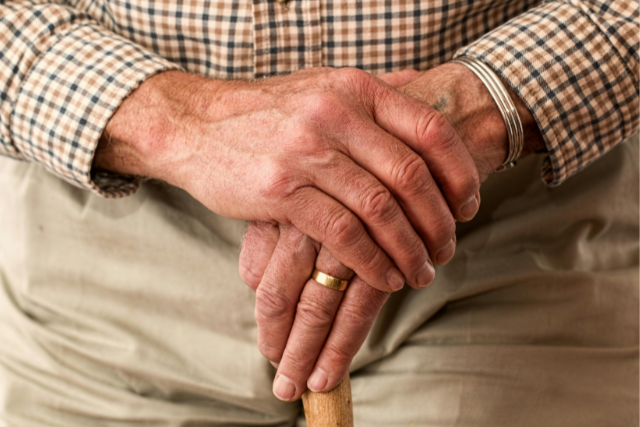Have you ever worried whether an elderly person is really doing alright? Whether it’s a senior citizen you know casually or a loved one, you may find yourself wondering whether he or she is being treated well by her family members, caregiver or friends. Unfortunately, medical negligence occurs often and elder law is violated, especially in nursing homes – but there are signs to look out for.
Top Five Signs Elder Abuse Laws Have Been Violated
The sad truth is, far too many of our elders are not alright. The Senate Special Committee on Aging reported as many as 5 million victims of elder abuse or neglect each year, while the National Center on Elder Abuse estimates up to 3 to 5 percent of the U.S. elderly population suffered abuse. With numbers like that, it’s no wonder so many people wind up looking for a nursing home attorney.
Nursing homes promise families safety and well-being for their beloved seniors, but that’s just not always the case. When you put your trust in an eldercare facility and they don’t care for your family member as advertised, there are warning signs. Here are just a few that an elder abuse laws were designed to protect your loved ones from:
1. Signs of Physical Abuse
Common signs of physical abuse against an elderly person include unexplained signs of injury such as:
* Bruises
* Broken bones
* Burns
* Abrasions
* Pressure marks
* Hearing odd explanations for injuries
2. Signs of Neglect
In nursing homes especially, neglect is often the result of the caregivers overburdened or untrained. This is no excuse and an elder care attorney can help. You may notice:
* Dirty clothes
* Soiled diapers
* Bedsores
* Unusual weight loss
* A home in an atypical state of disarray
* Lack of needed medical aids and other forms of medical negligence
3. Symptoms of Emotional Abuse
Emotional or verbal abuse is one of the more difficult issues to notice because illness, dementia or fear may affect the victim’s ability to convey unable to convey what’s occurring. Illness. This is a significant aspect of elder abuse laws because the person is unable to fight back and ends up:
* Feeling withdrawn or apathetic
* Displaying unusual behaviors like rocking
* Acting nervous or fearful especially around a caregiver
* Developing a tense relationship with family members/caregivers
4. Signs of Sexual Abuse
While it may seem surprising to many, sexual abuse is a relatively common occurrence, and an issue that demands the assistance of a nursing home attorney. Studies by the National Institute of Justice found that about 70.7 percent of elder sexual abuse cases occurred within nursing homes, and furthermore, elder sexual abuse victims were less likely to be believed if there weren’t any signs of physical trauma. Signs that may be visible include:
* Bruises around the chest or genital area
* Symptoms of a new venereal disease
* Difficulty walking or standing
* Depressed or withdrawn behavior
* Flirtation or touchiness by the caregiver
5. Financial Exploitation
Older adults can be particularly vulnerable to financial exploitation of abuse for a number of reasons. Often, the perpetrators are simply following the money, and see a target ripe for the taking since seniors tend to have a higher net worth. According to many researchers of elder law, signs that this may be occurring include:
* Unpaid bills
* Funds unaccounted for
* More frequent cash withdrawals
* Increased use of credit cards
* Unusual purchases
* Caregiver taking cash for an unreceived for a purchase
Addition of caregiver to account access State and federal laws recognize that nursing home residents are vulnerable and need to be protected against abuse, medical negligence and other offenses of elder law. When the management of a nursing home fail to fulfill their legal obligations, a nursing home attorney can hold them liable for any injuries or abuse suffered by residents. If you suspect your loved one is a victim of violation of elder care laws, contact an elder care attorney today.

